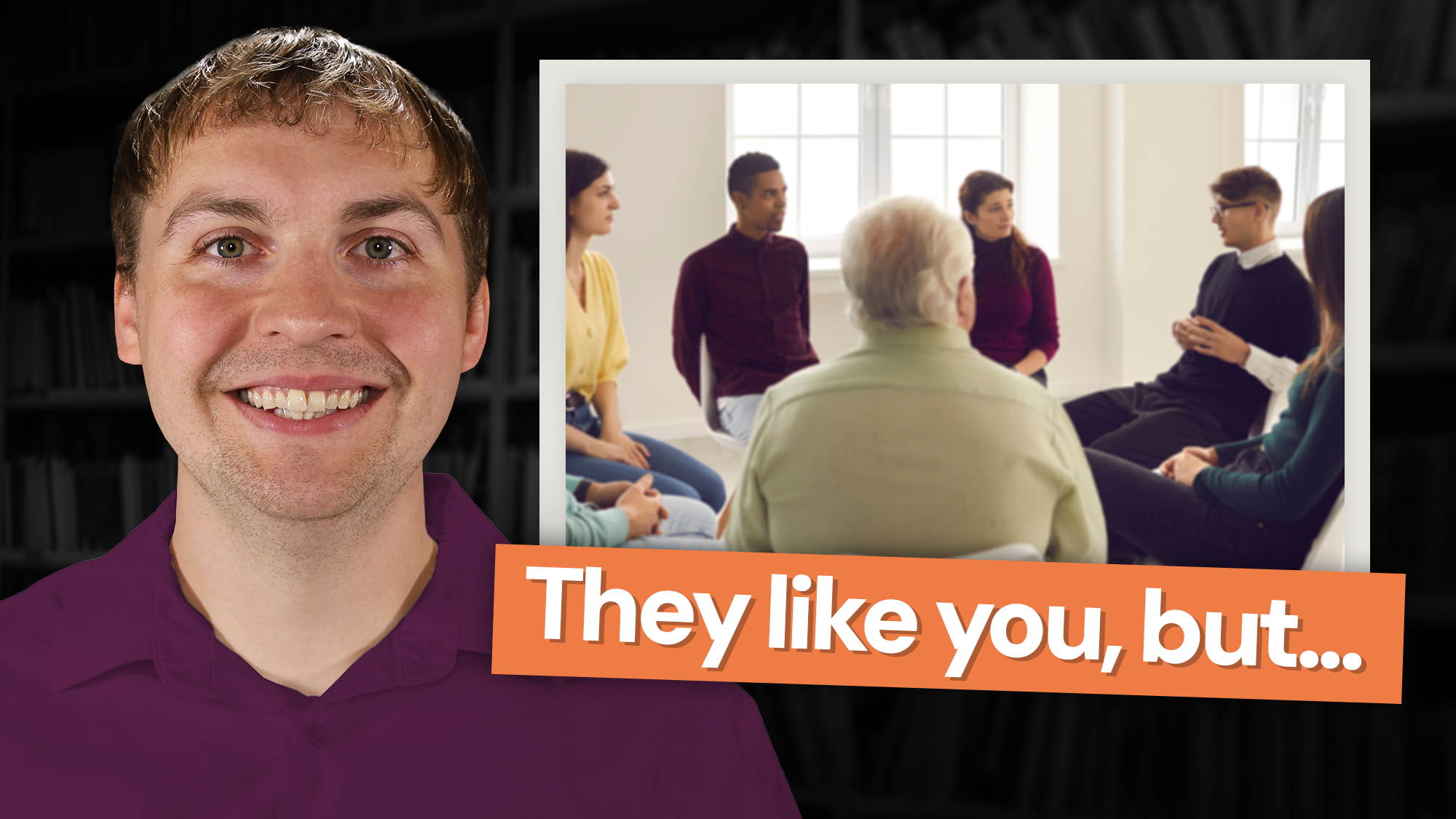
In the category of Professional Orientation and Ethical Practice on the National Counselor Examination (NCE), the Counselor Preparation Comprehensive Examination (CPCE), or another counseling exam, having a good understanding of confidentiality will be important.
Confidentiality is a vital part of therapy. Our clients need to feel safe telling us whatever they need to, and being able to do so without worry that we’ll tell others. But, confidentiality isn’t as simple as that. Instead, there are exceptions and other more complicated situations we need to understand. Check out the video for more on this!
What is confidentiality? When I think of the word confidentiality, I think about information that a client tells the therapist that is then protected. This means that the therapist cannot disclose or tell others this information except in specific circumstances. What therapists learn from their clients is then confidential information—the client (in general) holds the confidentiality of that information, so counselors cannot share that information without the client’s consent.
What is privacy? Privacy relates to one’s ability to control the disclosure of information. This might include what they share, who they share it with, and how it’s shared. Clients have the right to privacy in therapy, meaning that they don’t have to share anything they don’t want to share. The ACA’s Code of Ethics outlines respect for privacy as an ethical code in B.1.b.: “Not only do therapists respect a client’s privacy, we should also only request information when it will benefit the counseling process.”
How does confidentiality work in group therapy? Confidentiality can be more easily compromised in a group setting. So, as a group leader, you have to set the expectation that these people will not disclose the other person’s information. That said, you cannot guarantee this. In some cases, a group may have the rule that if someone discloses information from the group, they may be terminated from the group.
Does a group leader have to maintain confidentiality? Although group members cannot necessarily be required to maintain confidentiality in the same way a group leader is, the therapist must uphold these expectations. Not only that, as the group leader or therapist, you will be required to maintain confidentiality as you would in any other situation.
What are family and couples therapy confidentiality? Similar to larger groups, similar issues might arise in a family or couples therapy setting. This is something that should be kept in mind when working with families or couples, and that should be discussed in these settings so that all are clear on the expectations related to confidentiality.
What are the ethics of confidentiality for the deceased? Some people might wonder what happens when a client dies. Can you share what they told you? As code B.3.f. states, “Counselors protect the confidentiality of deceased clients, consistent with legal requirements and the documented preferences of the client.” This means that after a client dies, we cannot discuss what they told us.
Can the someone in therapy determine what is or isn’t kept confidential after their death? A client may have a terminal condition and have a preference for what you share from the sessions with family or loved ones. In this case, it would be important to document the client’s preferences, and to work with the organization where you work and possibly seek legal advice, or to consult with other mental health professionals, to determine the best ways to navigate this situation.
Can legal situations affect confidentiality after someone’s death? Yes, if there is a legal situation that arises and they believe your client told you something that could impact this, you may then need to disclose. However, it would still be important to consult with an attorney, your ethics board, your organization, and others to determine how best to proceed in these situations.



If you or someone you know are needing immediate mental health assistance, please call or text 988, contact a local emergency telephone number, or go to the nearest emergency room.
By interacting with this website and channel, this does not constitute a therapist/client relationship. This content is intended for the purposes of entertainment and mental health education.
View additional disclaimers and notices on our Disclaimers page.